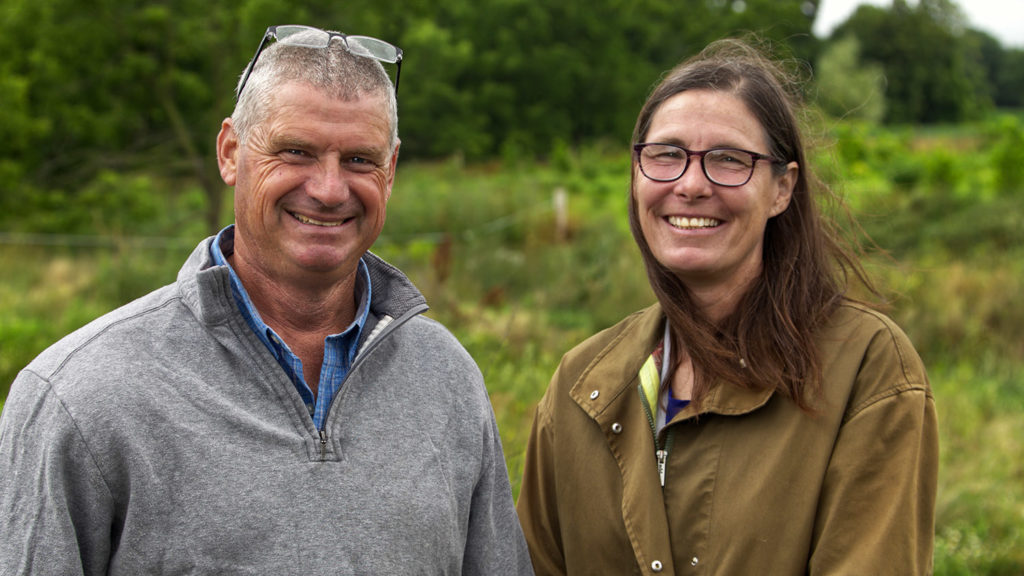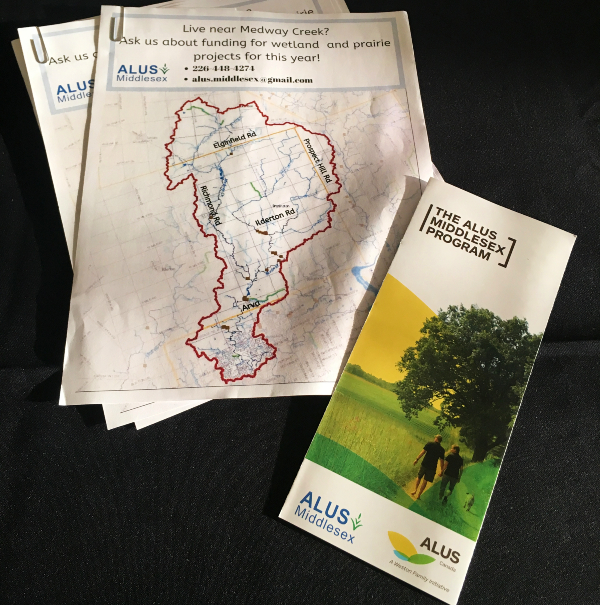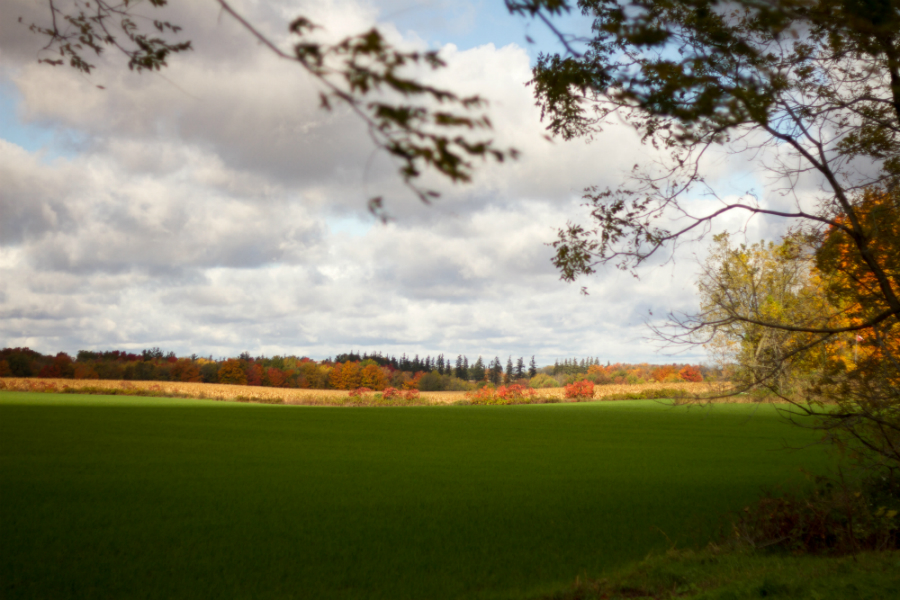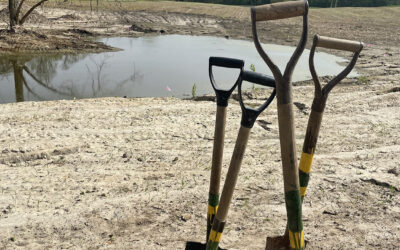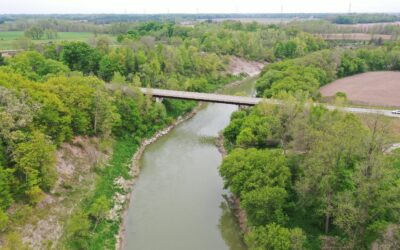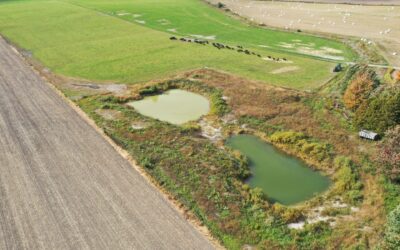The ALUS Middlesex program, established in 2017 in close partnership with ALUS Canada, plays a vital role in addressing environmental challenges in Southwestern Ontario’s Middlesex County. This region, characterized by its predominantly agricultural landscape, encompasses diverse cropping systems in field, horticulture, and livestock farming. Additionally, Middlesex County interfaces with urban areas around London and Strathroy. The program’s focus on environmental stewardship extends to protecting the unique biodiversity found within the Carolinian Zone, an ecologically significant area known for its rich and diverse plant and animal species. Many of these species, such as bobolink, moltted duskywing, estern meadowlark, and eastern foxsnake, are considered “Species at Risk,” meaning they are at risk of extinction or have populations that are declining in the wild. By prioritizing the conservation of these vulnerable species and their habitats, ALUS Middlesex aims to safeguard the delicate ecological balance within the Carolinian Zone.One of the primary objectives of the ALUS Middlesex program is to tackle environmental issues impacting water quality in the Great Lakes. The county’s location in both the Lake Huron and Lake Erie watersheds, along with the local Thames River being identified as a priority watershed for Great Lakes health, makes this initiative all the more crucial. By encouraging landowners to adopt alternative management practices on their marginal lands, ALUS aims to create habitat connections, effectively filter water before it enters sensitive wetlands, and enhance wildlife habitats across these ecologically significant Canadian watersheds.Moreover, the program emphasizes the restoration of tallgrass prairie ecosystems, the improvement of buffer areas, the management of wetlands, and the implementation of other projects that provide essential ecosystem services. These services include flood mitigation, carbon sequestration, and the creation of pollinator-friendly environments, which are vital to the survival and well-being of native pollinator species within the Carolinian Zone.Through active participation in ALUS projects, the landowners in Middlesex County contribute to the production of cleaner water, cleaner air, and enhanced biodiversity, including vital pollinator habitats. These positive environmental impacts benefit not only the participants themselves but also extend to the wider surrounding communities and the delicate ecosystems of the Carolinian Zone.By working collaboratively with local landowners and addressing specific local needs and priorities, the ALUS Middlesex program exemplifies the power of community-driven conservation efforts. By prioritizing the preservation of the Carolinian Zone’s biodiversity and promoting sustainable land management practices, the program serves as a valuable model for protecting and preserving the natural resources and ecosystems of Southwestern Ontario.

Community Links
ALUS Middlesex Staff
Supporters
PAC Members
News & Events
Generating Wetland Benefits in Peterborough and Middlesex Counties
Agricultural producers in Ontario continue to deliver vital ecological function with ALUS projects.An ALUS wetland project under construction in Middlesex County, 2023. Credit: ALUS.Toronto, ON — December 19, 2023 Funding from the Ontario Ministry of the Environment,...
Protecting Biodiversity in the Thames River Watershed
ALUS Middlesex Continues to Protect Species at Risk by Creating Valuable New Habitat to Improve Biodiversity in the Thames River Watershed The Thames River is a natural treasure that flows throughout Middlesex County and is a vital component of the region's...
Collaborative Stewardship Tour 2023
Best Management Practices on the FarmALUS Norfolk and ALUS Middlesex are joining forces to host the Collaborative Stewardship Tour 2023 — Best Management Practices on the Farm. Attendees will learn about the effective use of cover crops, the 4 R’s of nutrient...

